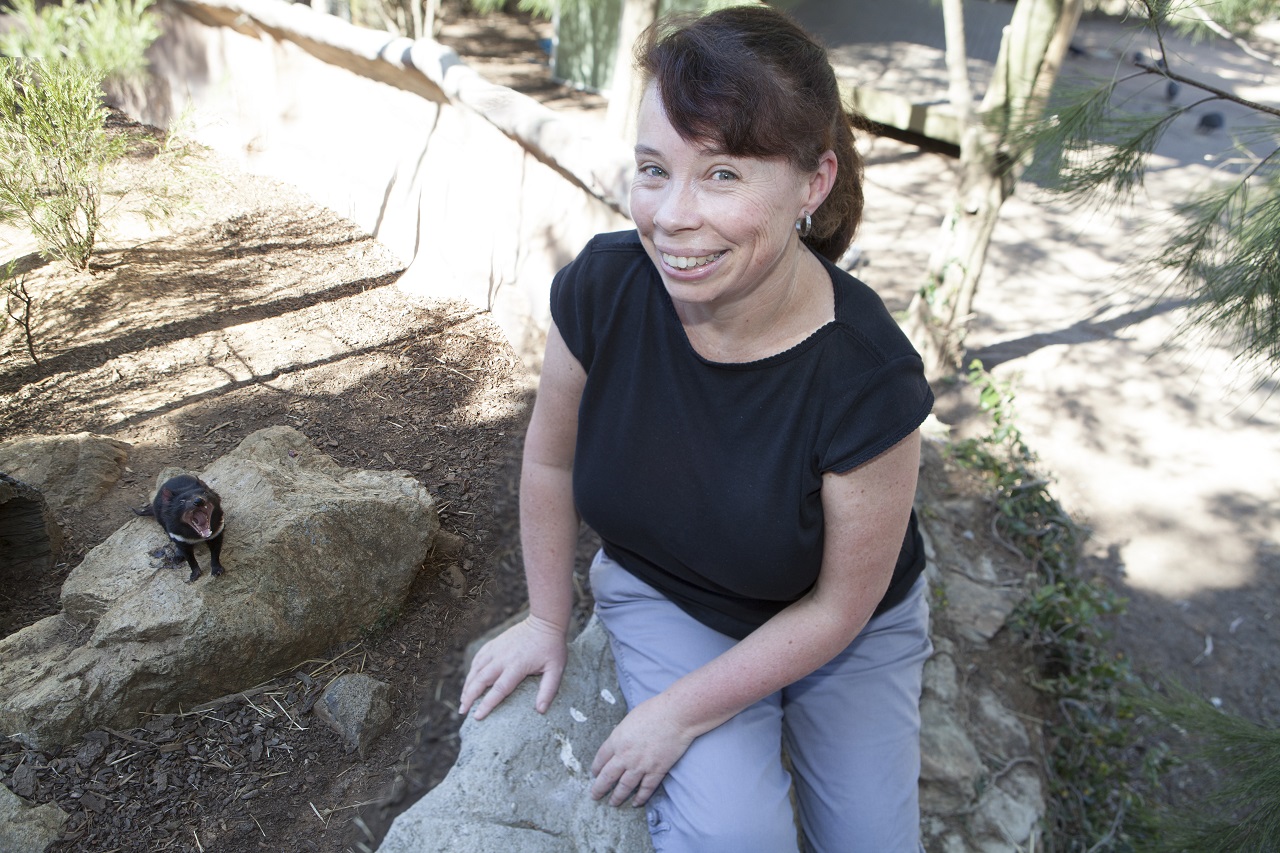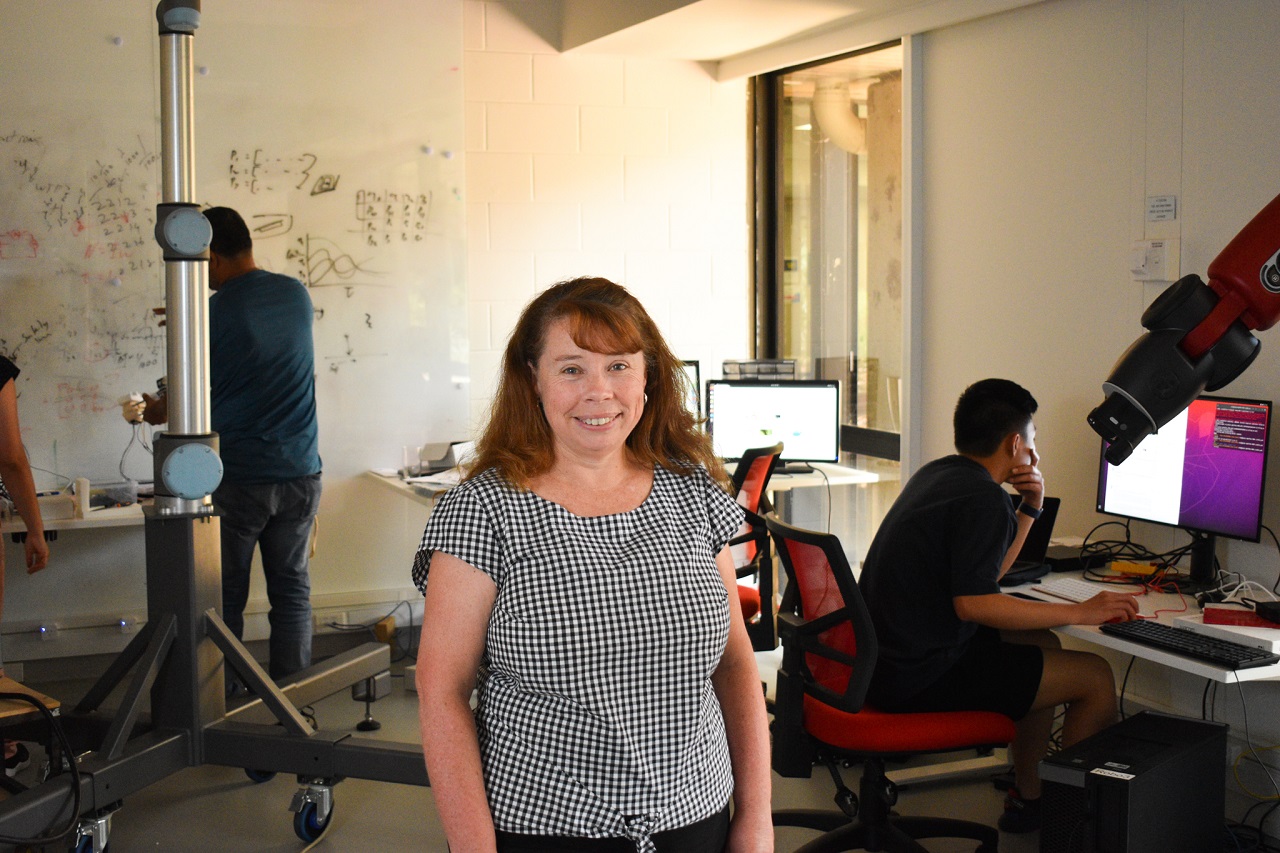Environmental Influence
Of dragons and devils
Dragons and devils and ‘roos – oh my!
It may sound like a line from a movie, but for the Faculty of Science and Technology’s new Executive Dean Janine Deakin, those species are her passion.
A geneticist, Janine found her passion for Australian mammals at a young age.
“I can actually pinpoint my passion back to a school project in third grade on Australian wildlife and plants, and I just loved studying the kangaroo and koala,” she says.
“That’s definitely where my passion comes from. From then on, every time we went to a zoo or wildlife park, I had to see the marsupials.”
Luckily for Janine, she’s managed to do what few can – turn her childhood dreams into reality. She specialises in genomics with a focus on Australian marsupials.

Of course, she’s dabbled in other areas – studying mouse models in the United States and researching northern hemisphere species – but her love for Australian critters brought her home and to the Institute of Applied Ecology (IAE) at the University of Canberra.
And while mammals have her heart, Janine is passionate about human rights and promoting equal opportunities for women in STEM.
“I have sat in boardrooms and around tables with senior academics who have all been male,” Janine says.
“So I’m particularly passionate about making sure we have role models for the women coming into the STEM field, and ensure that female students see that they can do it just as much as anyone else can.”
Janine hopes that the future for women and girls in science is bright.
“I hope the future for girls in science will be more equal,” she says.
Upon Janine’s return to Australia, she was approached by a group working with the endangered Tasmanian Devil species, seeking her expertise after they found abnormalities in facial tumours on the species.
“I actually used my expertise that I gained studying kangaroos and wallabies to contribute to that project,” she says.
“Now I’ve expanded my research even further by working on the Australian Mammals Genomics Initiative which is looking at things like wombats, quolls, and all things Australian mammals.”
Although she’s spent a lot of time studying Australia’s undeniably unique species, Janine has a passion for overseas travel.
She’s spent time dog sledding in Canada and on an expedition in Antarctica. But the COVID-19 travel restrictions of 2020 have meant she’s stayed a little closer to home of late.

More recently, Janine has taken on a new and exciting role as Executive Dean of the Faculty of Science and Technology, commencing in January 2021. It’s a role that she hopes will allow her to further the progress of the Faculty in both the research and equity spaces.
“I really see the IAE, Faculty, and University’s research capabilities continuing to grow. I see a lot of Early Career Researchers coming through and I hope to see even more in the coming years,” she says.
“We’re doing great things here and conducting great research at UC, so I think people need to know about it all.”
Words by Elly Mackay. Photos by Madeleine Wood and supplied.